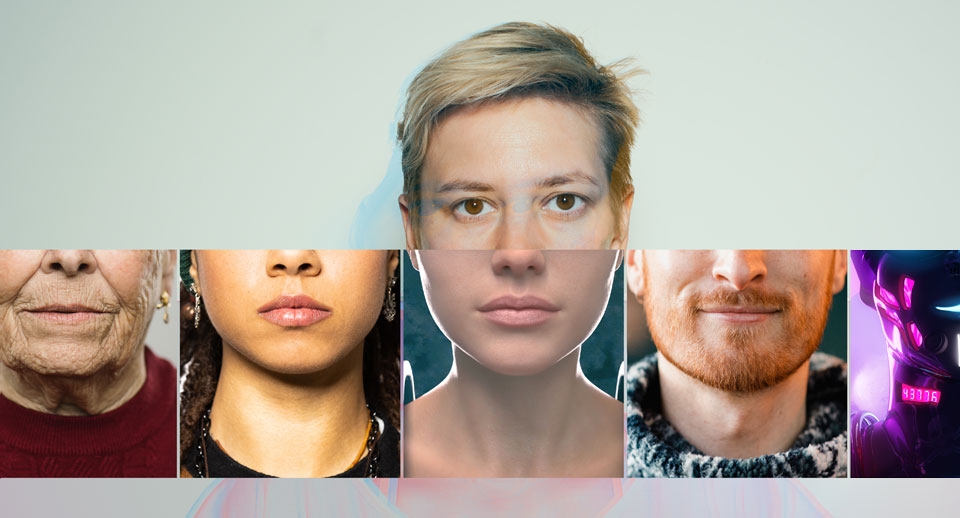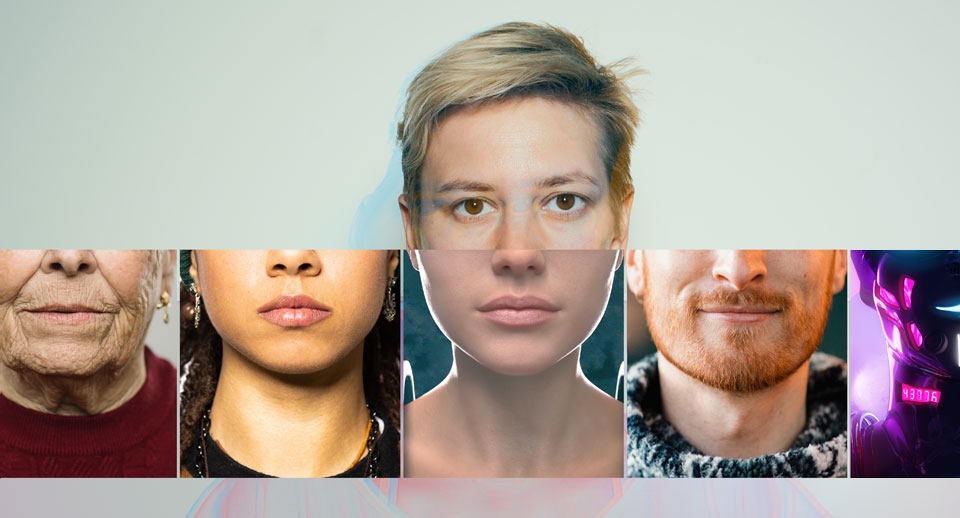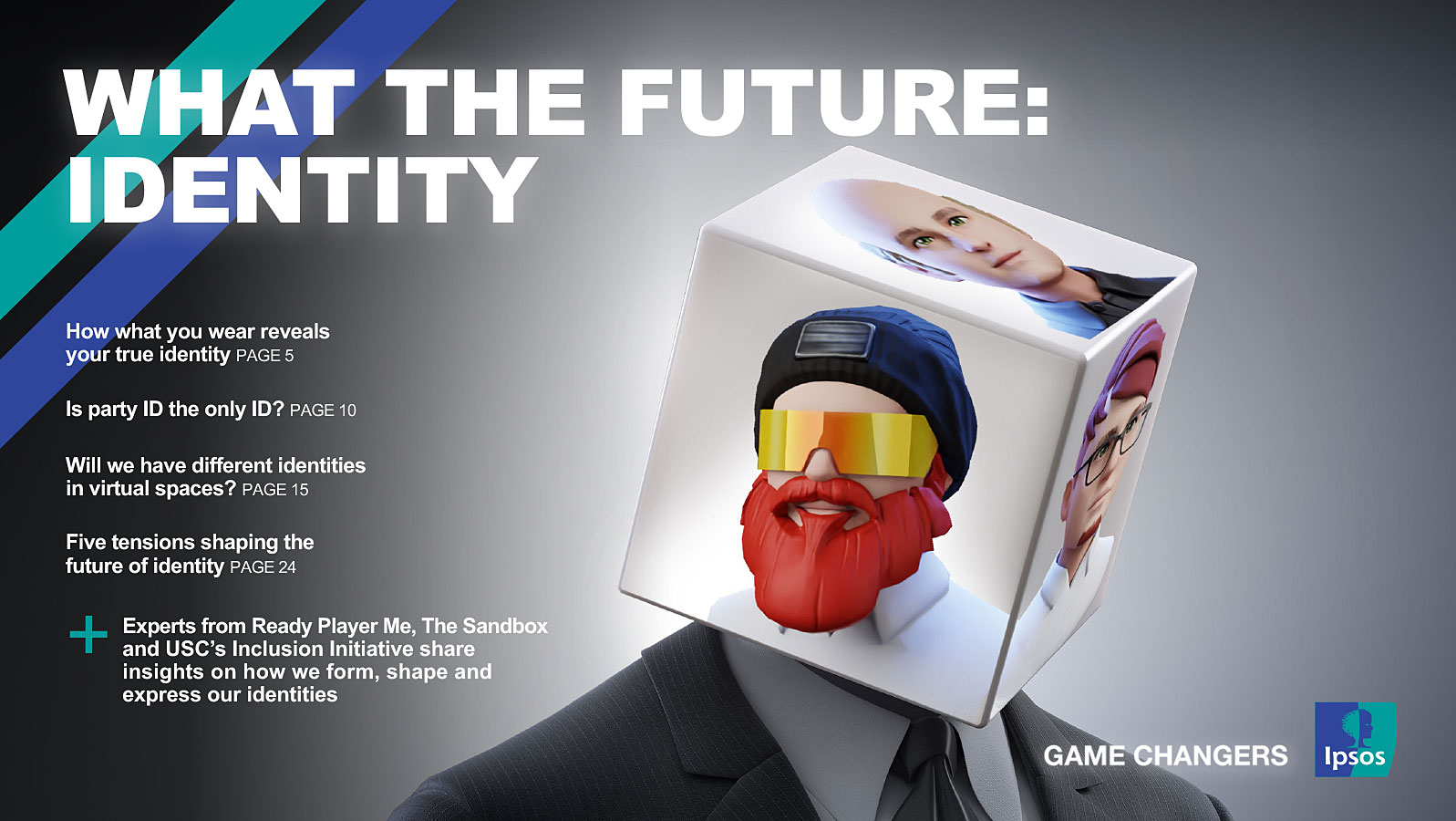

 Download the full What the Future:
Download the full What the Future:
Identity issue
The central question of this issue is how we will shape our identities in virtual spaces. Futurist Tracey Follows tackled this in her new book, “The Future of You.” While there are certainly questions that will still be answered over the coming decade, she offers some hints about what the future will hold.
Matt Carmichael: How do we create our identities online today?
Tracey Follows: It’s somewhat of an elusive concept but then I don’t go along with the people who say that it’s just an illusory concept. Because you have to know who someone’s identity is because you have to ascribe rights and duties and responsibilities and even emotions to a specific person. And that person has to have some continuity. In the past we would’ve said it was continuity over time, but now we’re saying it’s continuity over space.
Carmichael: What do you mean by that?
Follows: Are you the same person in real life as you are in these online worlds? Partially it depends on your philosophical take. It depends what culture you’ve grown up with? For some people and some groups, it’s a very tribal thing and your identity’s conferred on you by the group that you want to belong to. For Buddhists, the identity is something that is arrived at, towards the end of life because it’s the summation of every single interaction you’ve had with every single person.
Carmichael: How do you see this changing as we have identities now in more virtual spaces?
Follows: We will have much more fluid identities because we’ll be in more fluid spaces. But then I see the counter trend which is the authorities or institutions needing to reclaim back or to manage these fluid identities with centrally organized, biometrically underpinned identity systems.
Carmichael: How do we keep control of our identity and our biometrics like our face, our fingerprints?
Follows: It’s a vigilance on behalf of every single citizen. We have to stop thinking of ourselves just as consumers or users of these technology products and understand that we are citizens and that we have some digital rights.
Carmichael: There’s a way in which this could allow people to be their more authentic selves in a safer space than would necessarily be in the real world. Then there’s a clear counter to that where it becomes even more toxic in the online world than it is in the real world.
Follows: It will be interesting to watch is how different virtual reality and virtual media is from social media. I’m sure you know the Marshall McLuhan quote, “All forms of violence are quests for identity.” We see a lot of aggression and antagonistic behavior on social media, it’s because people are fighting to get their identity represented. When we have sensory capabilities in virtual media, I think then we’ll get a proper representation. I think it will be less antagonistic than we find social media right now and more empathetic.
Carmichael: How many identities will you have in these sorts of worlds?
Follows: We are used to having one authentic identity physicality because we’re embodied in this physical body, but we won’t have that. We could have many different identities in the metaverse or whatever you call it. That means that you could end up meeting up with yourselves. And I think that’s the most interesting thing that you can bend time and space so that you don’t have to be just one person living a very linear life. One could meet up with different versions of one self at different ages lifestyle ages, perhaps you could meet up with your younger self or older self, you know, all of these things could be possible and that will really give us a completely different sense of reality.
Carmichael: How do you build trust in those communities if you don’t really know who you’re interacting with and if it’s really them?
Follows: Eric Schmidt has suggested that we’ll all have of AI assistants who are very good at detecting what’s authentic and what’s not. Sort of an AI detective on your shoulder trying to work out the digital forensics. I’m not entirely sure people want to live like that. I don’t see it as this huge, unfettered progress. People will stop doing certain things and decide, oh no, we want much more human contact again. It’ll be cyclical. Then they’ll come back to doing much socializing or work in the virtual environment.
